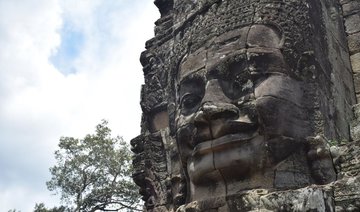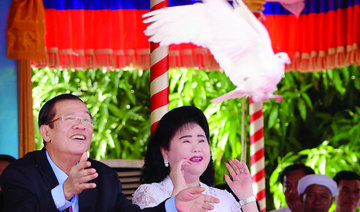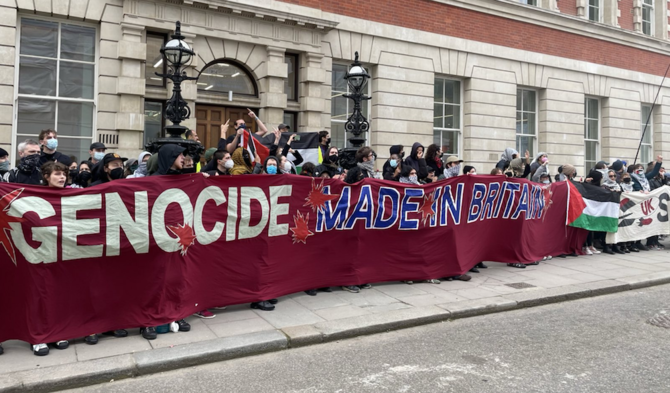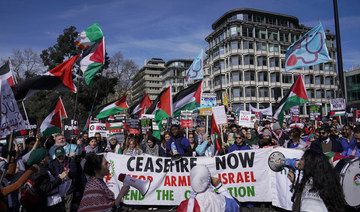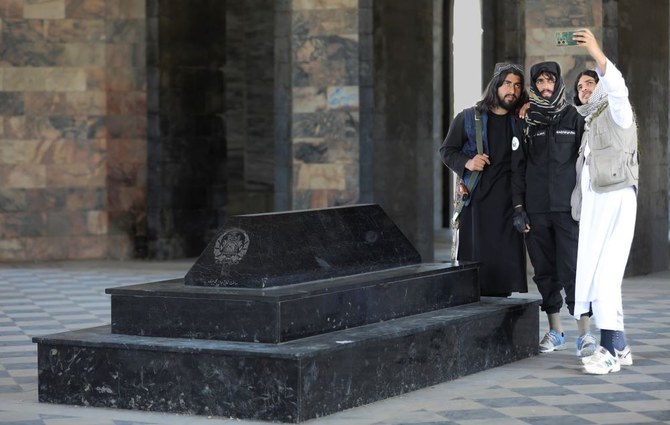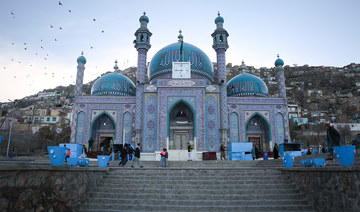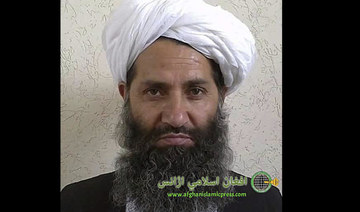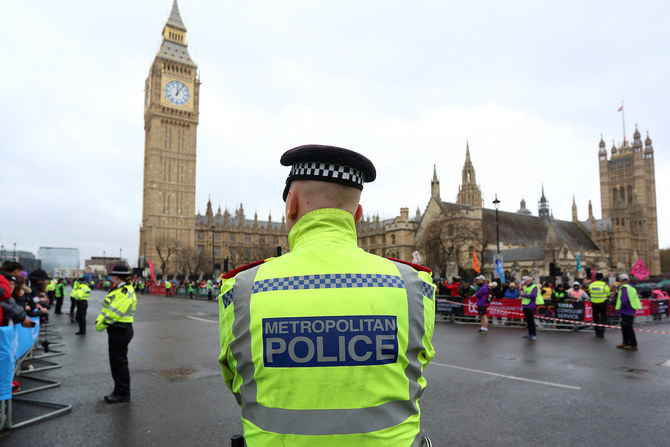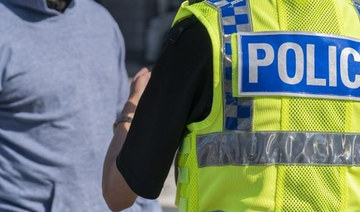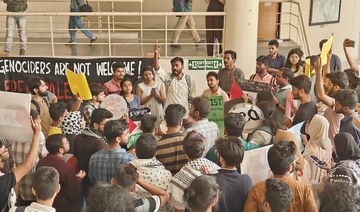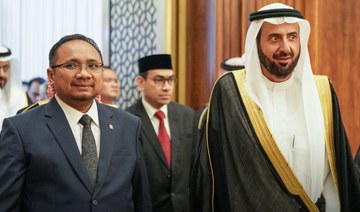JEDDAH: While some Southeast Asian countries struggle to get to grips with anti-Muslim sentiment, Cambodia’s positive approach to integration is yielding dividends, with the Organization of Islamic Cooperation (OIC) chief describing the country as “a beacon of peace and tolerance.”
Cambodia’s promotion of peaceful coexistence has won praise from OIC Secretary-General Dr. Yousef bin Ahmed Al-Othaimeen, who cited the country as an example for other countries to emulate.
The OIC leader’s message was delivered to a recent government-sponsored iftar celebration in Phnom Penh — a symbol of Cambodia’s inclusive approach to its religious groups.
Al-Othaimeen said the celebration highlighted “Cambodia’s longstanding respect for diversity, multiculturalism and tolerance and the high regard the government grants to the Muslim community.”
Since coming to office, Al-Othaimeen has made interfaith dialogue among nations a cornerstone of his stewardship, focusing on problems facing Muslim minorities in non-Muslim majority nations.
Anti-Muslim sentiment is widespread in some Southeast Asian Buddhist communities, with a rise in violence against Muslims driven partly by militant Buddhist monks.
Myanmar stands out as a country that is most unwelcoming for the indigenous Muslim Rohingya population who have been forced to abandon their homes in the face of brutal military operations and attacks by militias, especially in Rakhine state. More than a million Muslim-minority Rohingyas have fled the country.
By way of contrast, in Cambodia — where Buddhism is the state religion and Muslims make up less than 5 percent of the population — there is a longstanding respect for diversity, multiculturalism, tolerance and a high regard for its indigenous Muslim community. Islam is also an officially recognized religion in the country.
Muslims in Cambodia enjoy government support in educating their children from primary to university level. They are allowed to wear their religious symbols, such as beards and caps for men and headscarves for women, at state institutions, schools and on government identification documents. There are Muslim prayer rooms at airports and the country has a designated minister for Islamic affairs as well as a grand mufti of Cambodia.
The government also hosts annual iftar gatherings in the country. This is the fifth year the Cambodian government has organized a Ramadan iftar, which was attended by about 5,000 international and local Muslim leaders, including members of government and diplomatic envoys.
The OIC leader sent a delegation led by Mehla Talebna, director-general of the organization’s cultural and social affairs department, who delivered a message of commendation to Cambodia’s leaders, including the Prime Minister Hun Sen, for ensuring peaceful coexistence among cultures and religions in the country.
Cambodia’s prime minister praised the improving relations between the OIC and Cambodia and stressed his country’s desire to pursue observer membership status in the OIC.
The OIC delegation visited Al-Serkal Mosque, Cambodia’s largest mosque, in Phnom Penh and toured Tuol Sleng Genocide Museum, which details a grim period in Cambodia’s past when the brutal Khmer Rouge regime under Pol Pot controlled the country between 1975 and 1979.
Hundreds of thousands of Muslims were among millions of Cambodians slaughtered during the horror of the Khmer Rouge period. Muslims were prohibited from practicing their religion and their mosques were destroyed during the reign of terror.
Today, in Cambodia, Muslims are able to practice their religion freely, and enjoy democratic rights to vote and be elected as MPs like any other citizen.








